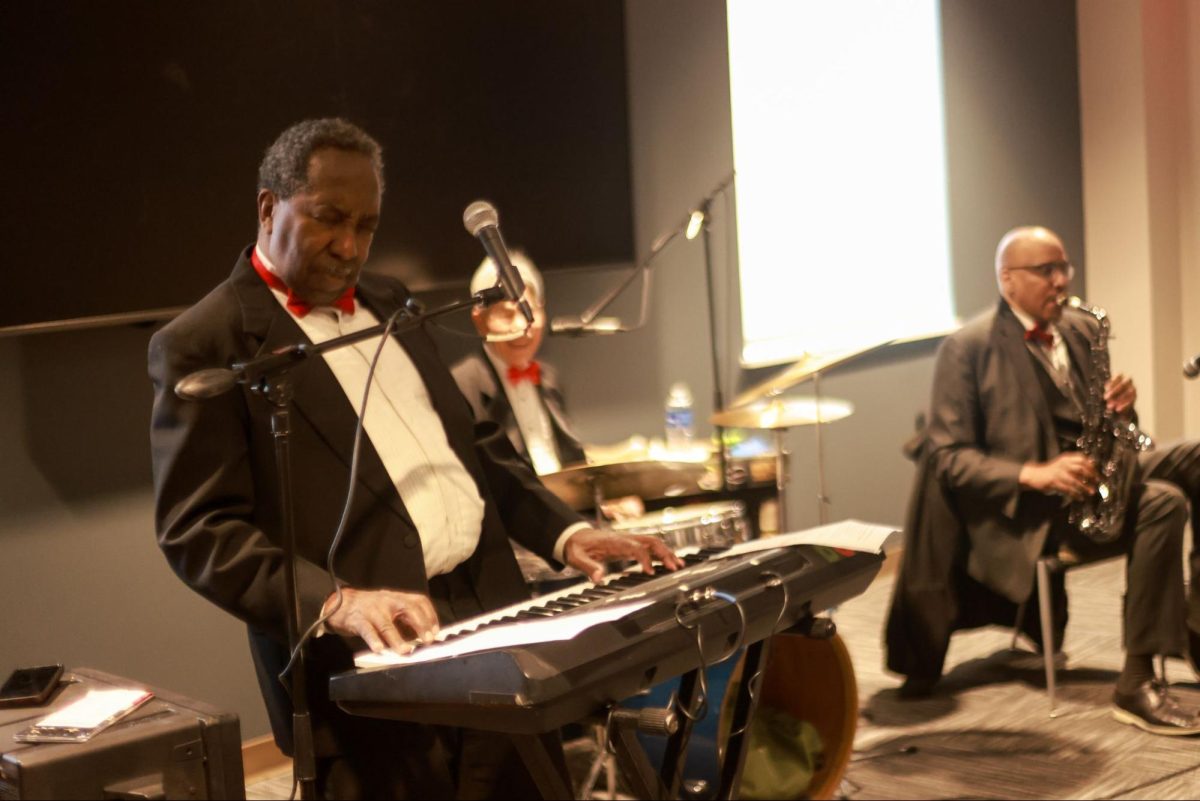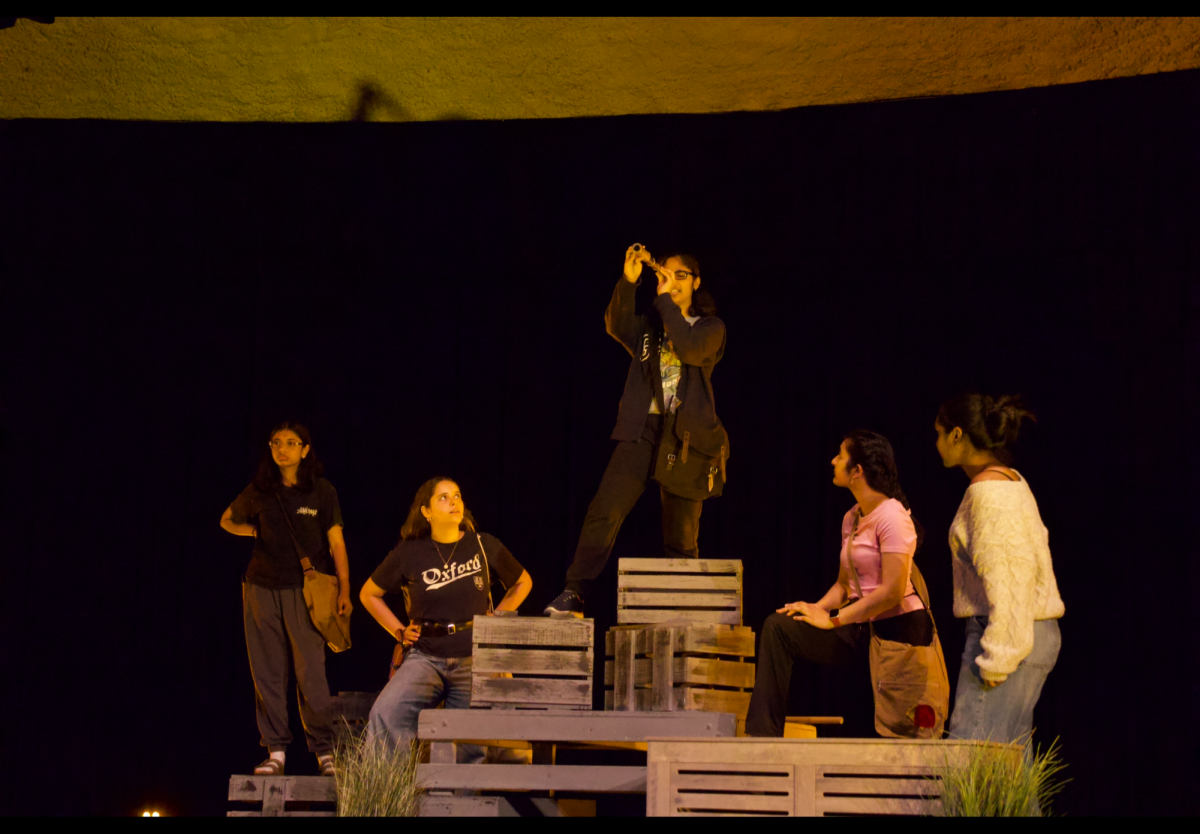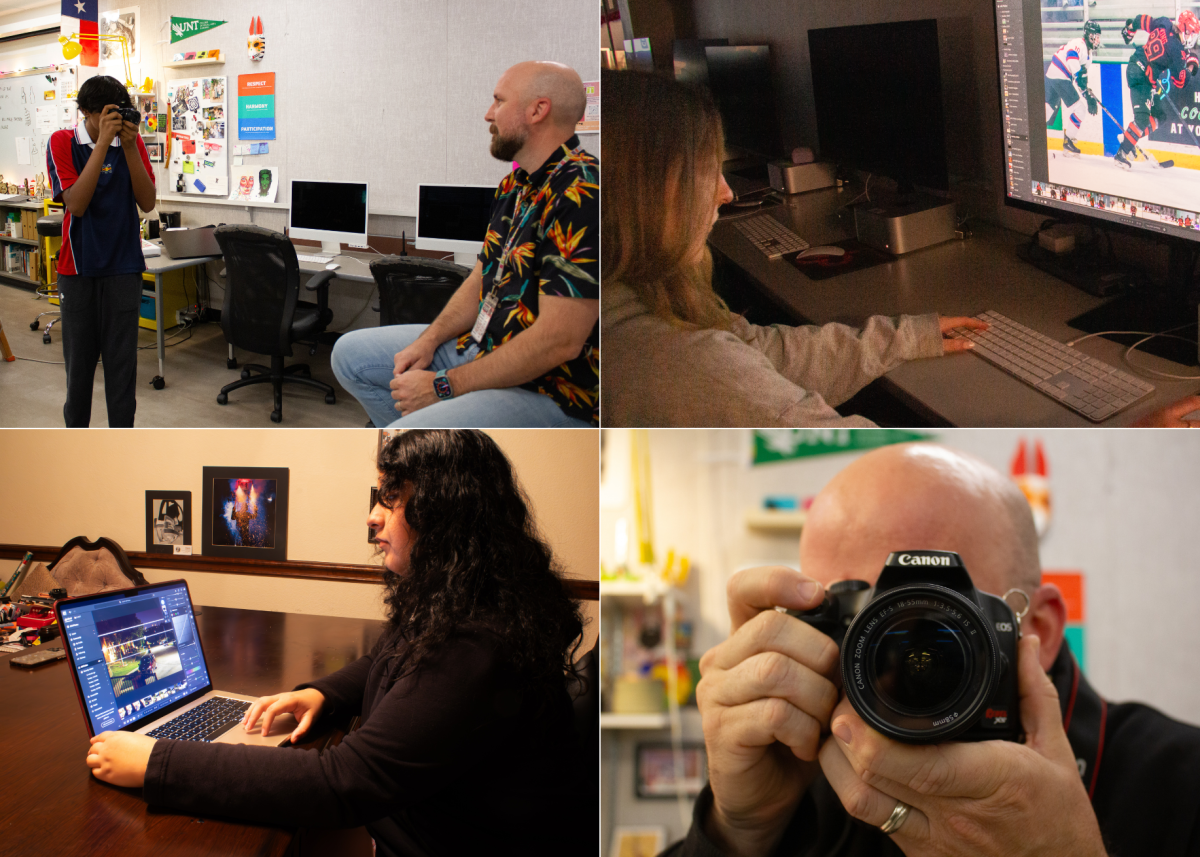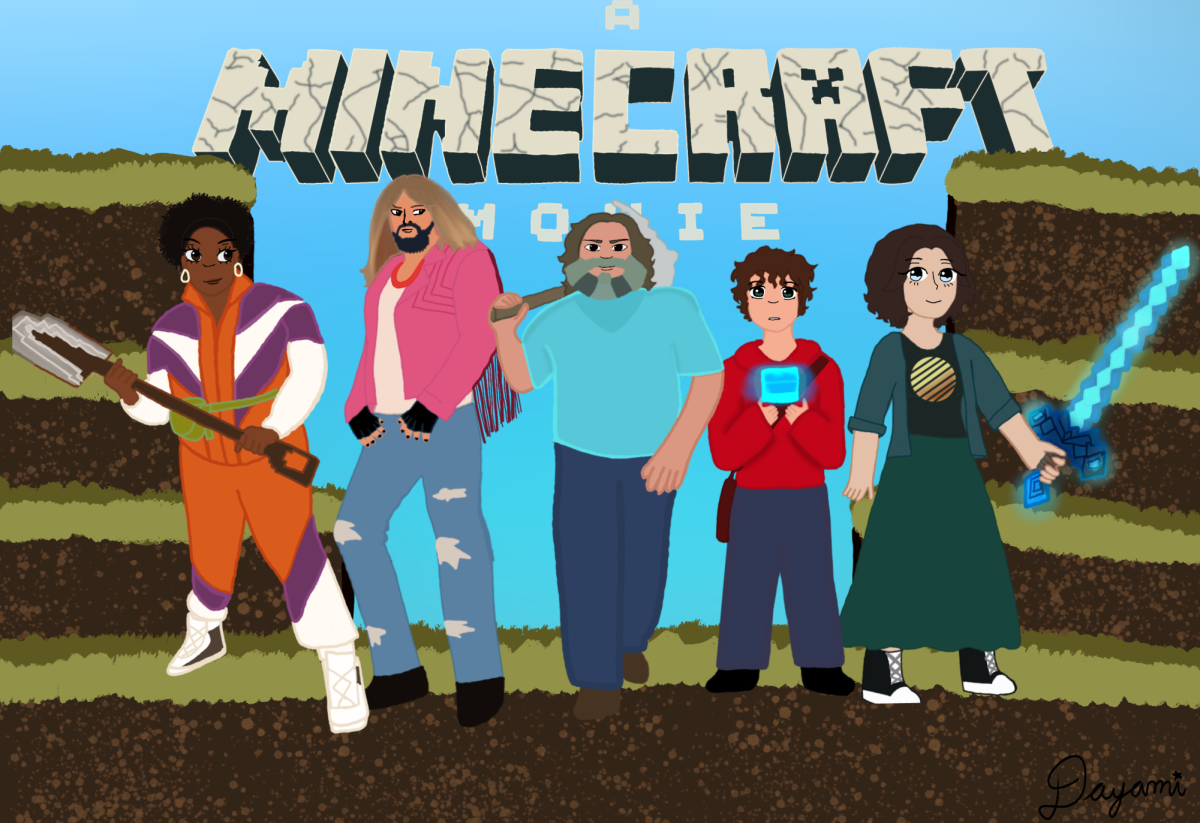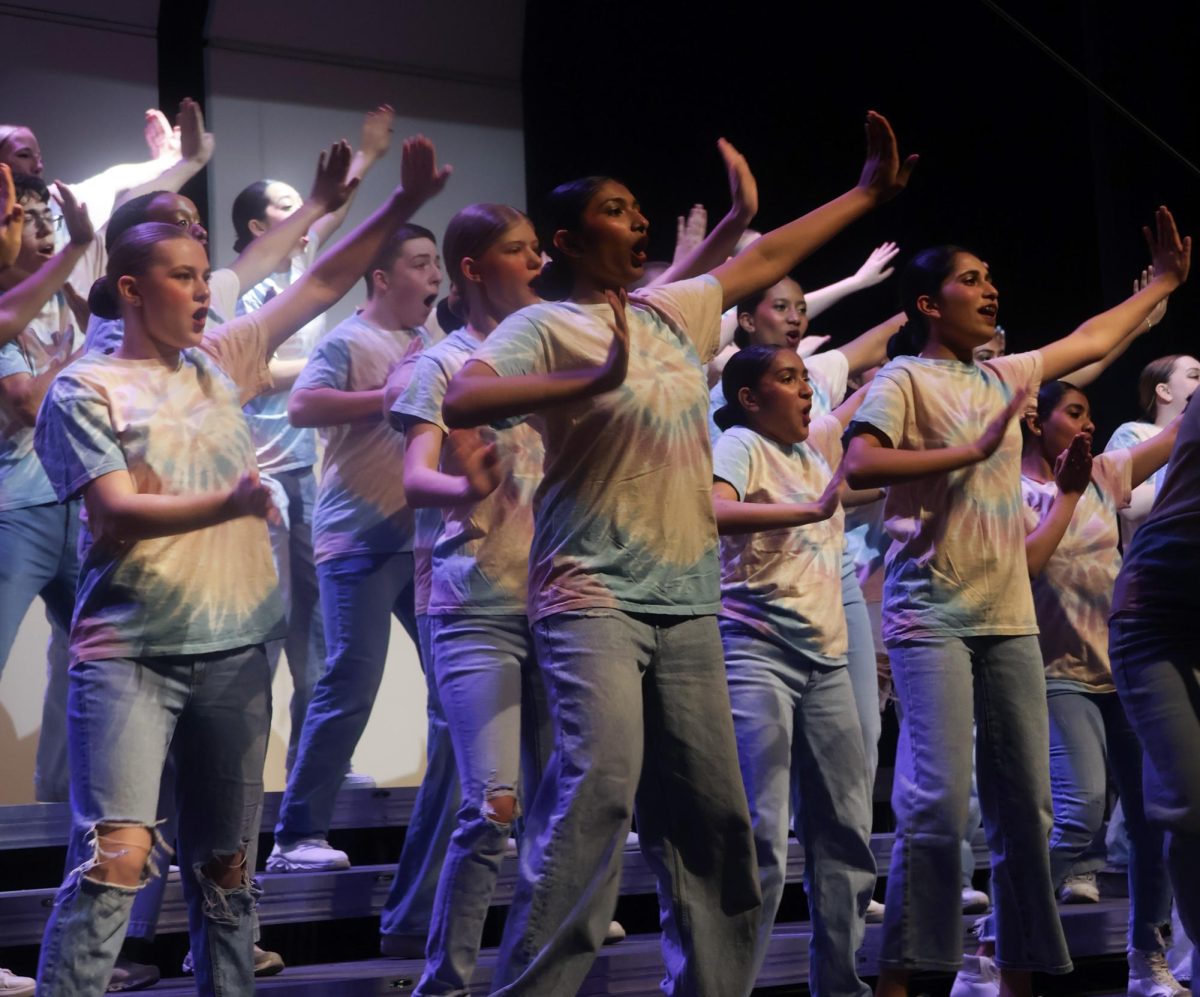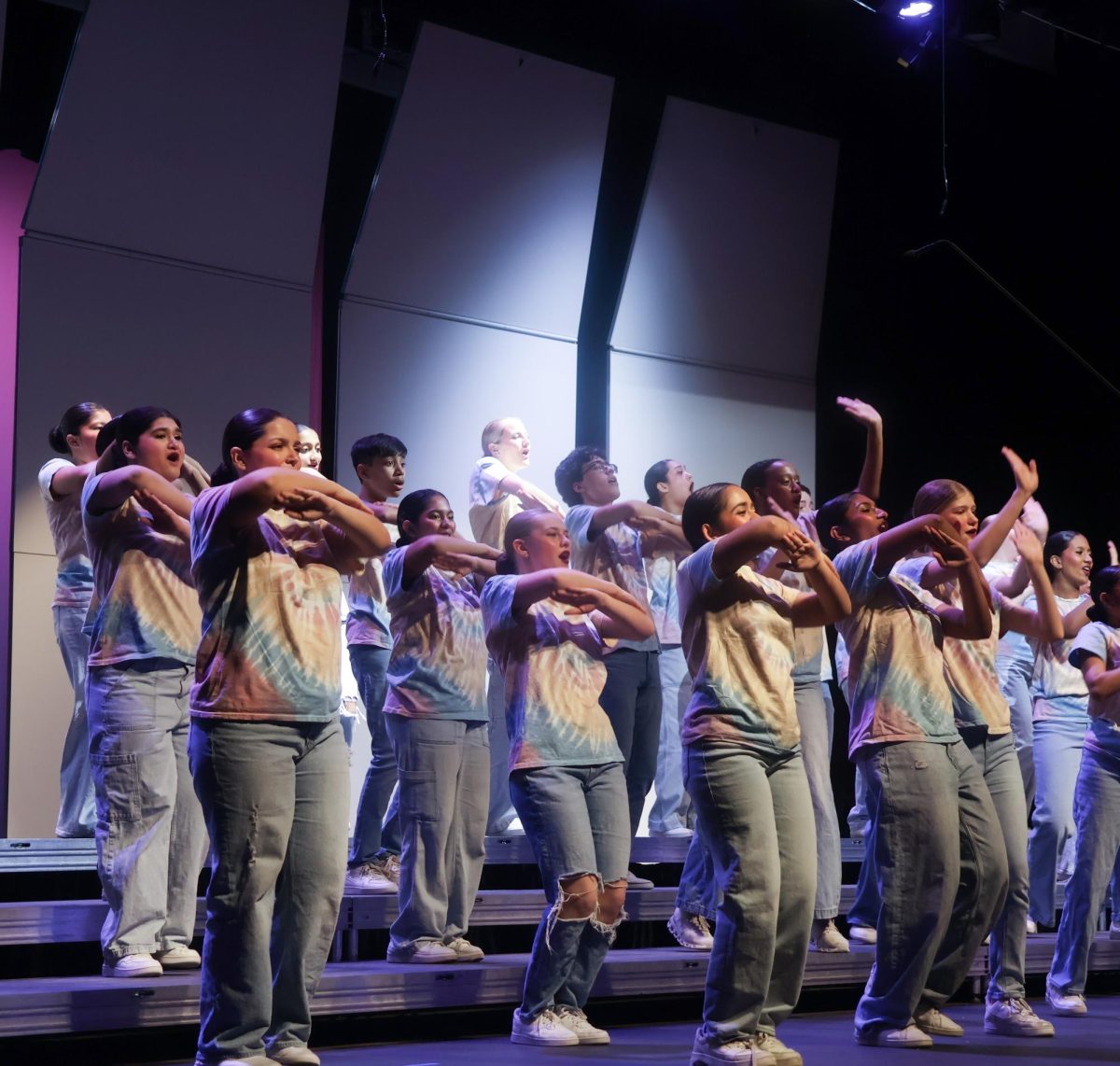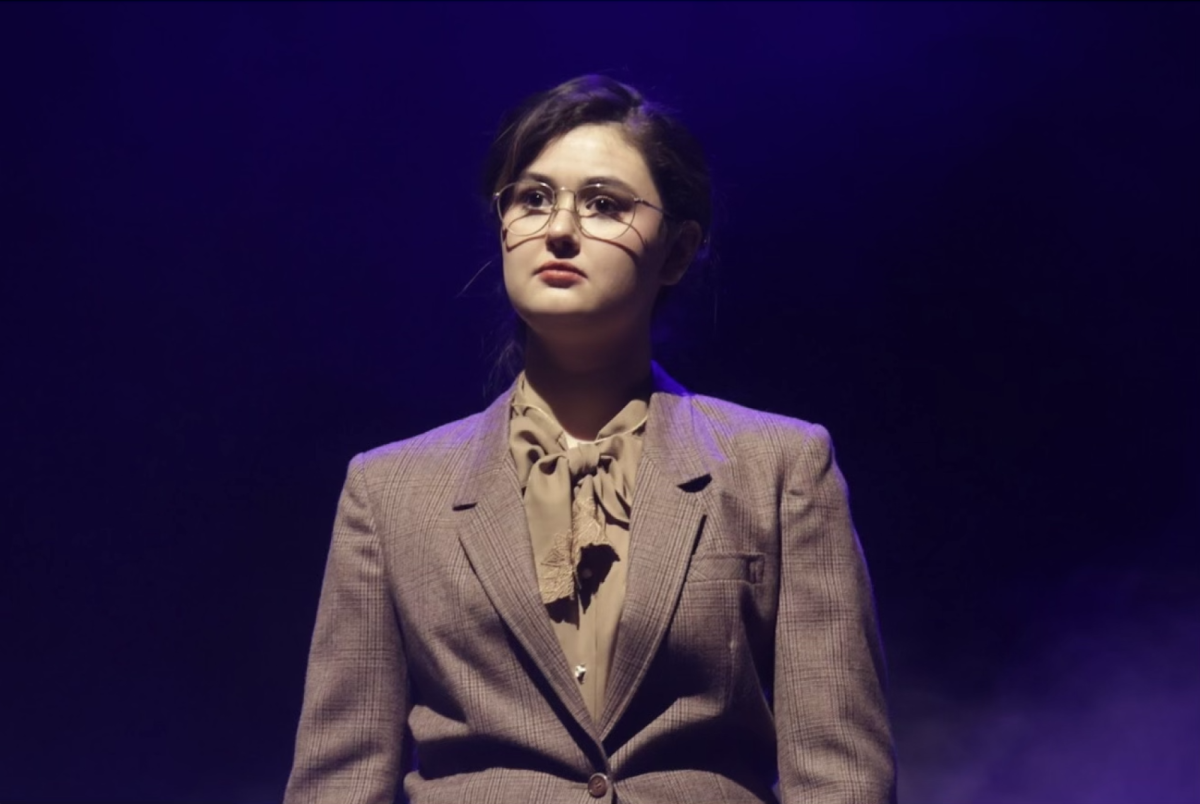Twenty years ago, professional musician and entertainer Murdock Gibbs performed his Understanding Black History program at Mockingbird Elementary School. Gibbs now resides in Coppell, continuing to incorporate parts of his African origins into each of his performances.
What inspired you to start the Understanding Black History program?
I was a Black person who lived through the realities of growing up in the South around the time desegregation was taking place. I felt that my experiences would be helpful to people, understanding that history through my eyes. I grew up in Alabama – one of the states that practiced slavery. Tuskegee, the little town I grew up in, was predominantly Black. We were going through the same issues of giving Blacks their rights, but there was a lot of resistance. In a young person’s mind, it creates a sense of anger. People were not looking at you as a real person. It made me very sensitive to injustice, so I wanted to share more about who we are, where we came from and where we are going.
What were some of the most memorable questions children asked in the program?
Kids do not know history, they do not feel history and they have no experience with history, given their minuscule time on Earth. When you speak to them about how people treated each other differently because of their race and color, they don’t quite understand. When I spoke about how it was wrong for one group of people to treat another group of people badly, one girl raised her hand and asked, “If I were to invite Shirley,” who was a Black girl in their class, “to my house for a sleepover, would that be better? Is that what you are saying things should be like?” In her mind, she was seeing that it would be bad for her to treat others differently and poorly.
How did you use music and storytelling to make Black history more engaging for young audiences?
At Tuskegee Institute High School, I was very musically active and now I play piano and sing for a living. Many of the Commodores band members went to my high school. In fact, Lionel Richie grew up in Tuskegee, being a year ahead of me. Music has been a part of me wherever I have gone. I decided to incorporate some of the songs I grew up singing into my program, particularly songs that came from a time when slavery was still prevalent. Some of the songs are still with us today, telling stories that magnify the Black experience at that time.
What does Black History Month mean to you?
I appreciate Black History Month because it allows others to remember my history. When people were brought over as slaves and treated like animals or property and then freed by a person who got assassinated for the things he was fighting for, it creates a dynamic in the country that has to be thought through. At times, I wish we would not have to talk about it because the country is growing. But, it is a reminder of the fact that there was an experience unique to this country, bringing people here against their will. The slaves landed here and were put onto an auction block with people walking around squeezing their muscles to see if they were strong enough to do the work they would be assigned. That is the background of many people in America, and it deserves some awareness each year.
If you could leave one lasting message about Black history and its relevance today, what would it be?
Everyone should have a basic understanding of the history of Blacks in America. The more we can learn about each other, the more we can appreciate each other. When you look at me, you can’t understand all Black people because of how I am. You will only understand me, what motivates me and how I think. When somebody looks at me as a Black man, they might automatically think I’m into twerking, rapping, that I move my head a certain way when I talk or that I wear my pants halfway down my butt. Understanding and appreciating Black history is important so that you don’t just put people into a certain category without knowing who they are.
Follow Deepali (@deepali0914) and @CHSCampusNews on X.



